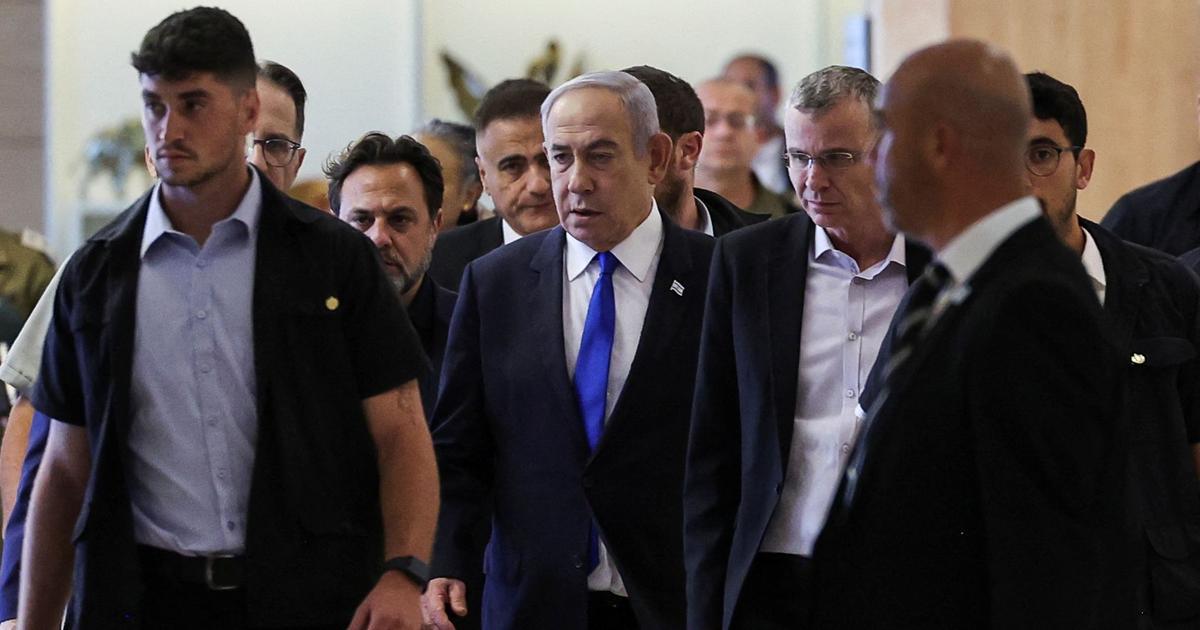ICC's Shocking Arrest Warrants Against Israeli Prime Minister and Hamas Leaders
In an unprecedented move, the prosecutor of the International Criminal Court (ICC), Karim Khan, has requested arrest warrants against prominent figures in the ongoing Israel-Gaza conflict, including Israeli Prime Minister Benjamin Netanyahu and Defense Minister Yoav Gallant, as well as three Hamas leaders, Yahya Sinwar, Mohammed Deif, and Ismail Haniyeh. This request, announced on Monday, has sent ripples through the international community.
The war that erupted on October 7 was triggered by a brutal Hamas attack on Israeli soil, resulting in over 1,200 deaths and the kidnapping of 250 individuals. Since then, the conflict has escalated, with more than 35,000 Palestinian deaths reported, severe infrastructure damage in Gaza, and a dire humanitarian crisis. In Israel, Netanyahu and Gallant face allegations of war crimes, including the use of famine as a weapon, assassination, and extermination. Meanwhile, Hamas leaders are accused of hostage-taking, assassination, and other severe crimes.
Legal and Political Ramifications
Amal Clooney, noted human rights lawyer, revealed her involvement in advising the ICC on these cases, endorsing the prosecutor's decision as a historic step towards justice. Clooney's group found reasonable grounds to believe that both Israeli and Hamas leaders committed grave crimes, providing a robust basis for the ICC's actions.
The ICC's move has significant political implications, restricting the international travel of Netanyahu and Gallant as they could face arrest in any of the 121 countries recognizing the court's jurisdiction. Israel now faces a diplomatic dilemma, with the government needing to decide whether to engage with the ICC or rely on allies to counter these warrants.
The establishment of the International Criminal Court in 2002 aimed to prosecute individuals for heinous crimes like genocide and war crimes. Unlike the International Court of Justice, which deals with disputes between states, the ICC focuses on individuals, underscoring the gravity of the charges against both Israeli officials and Hamas leaders.
- As the situation unfolds, it remains uncertain how the Israeli government will respond to the ICC's request. The potential impact on Israel's political landscape and international relations presents a complex challenge. Diplomatic efforts may intensify as Israel seeks to navigate the consequences of this unprecedented legal action.
- Economic implications also loom, with the possibility of increased calls for a boycott against Israel by various nations and companies. This legal development could substantially affect Israel's foreign policy and global standing, necessitating careful strategizing by its leadership.
- For Palestinians, the ongoing human suffering and destruction in Gaza continue to be critical issues. The humanitarian crisis exacerbates daily, with significant portions of the population affected by the conflict's devastating toll. International organizations may increase their efforts to provide aid and support to the region amidst the legal proceedings.






